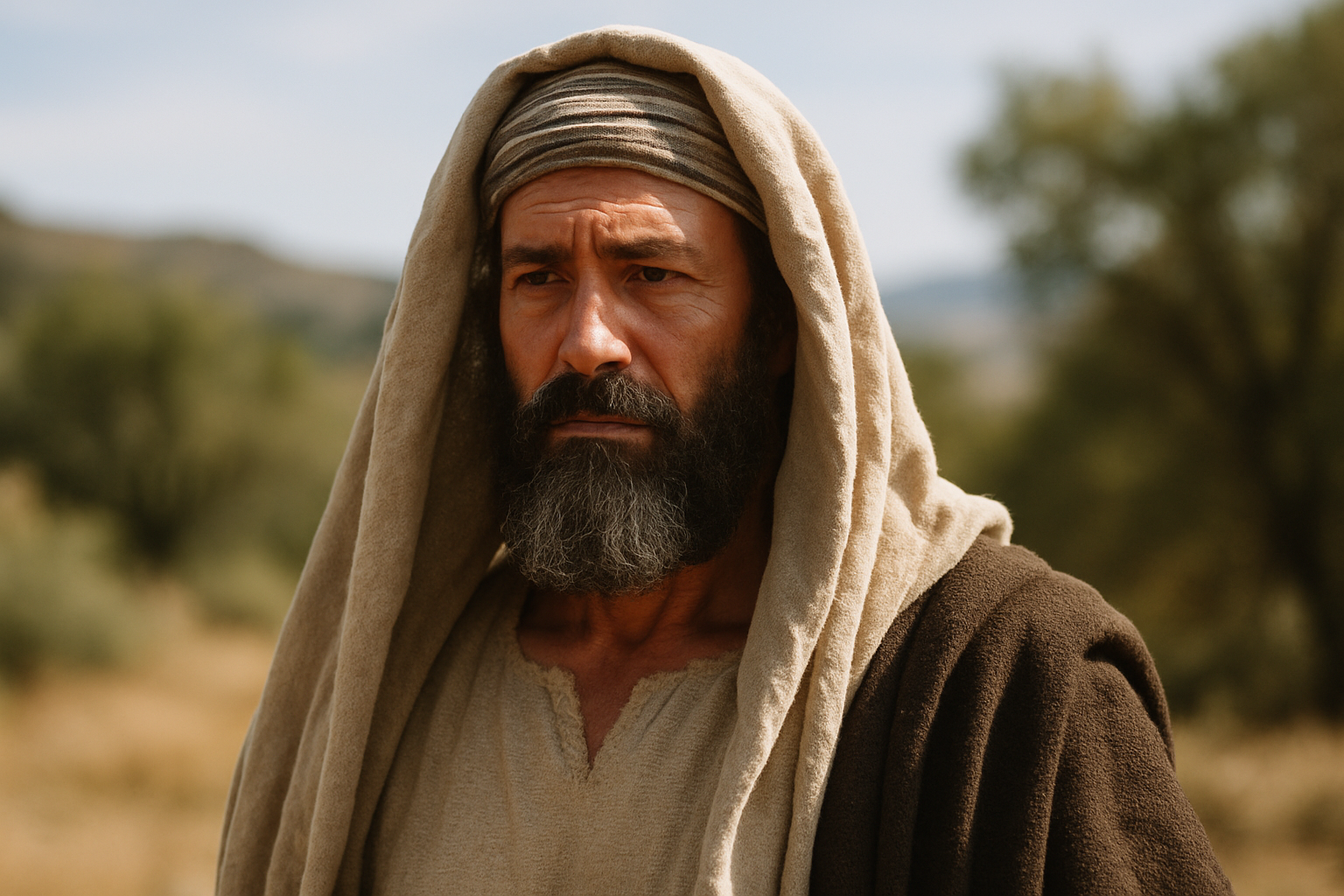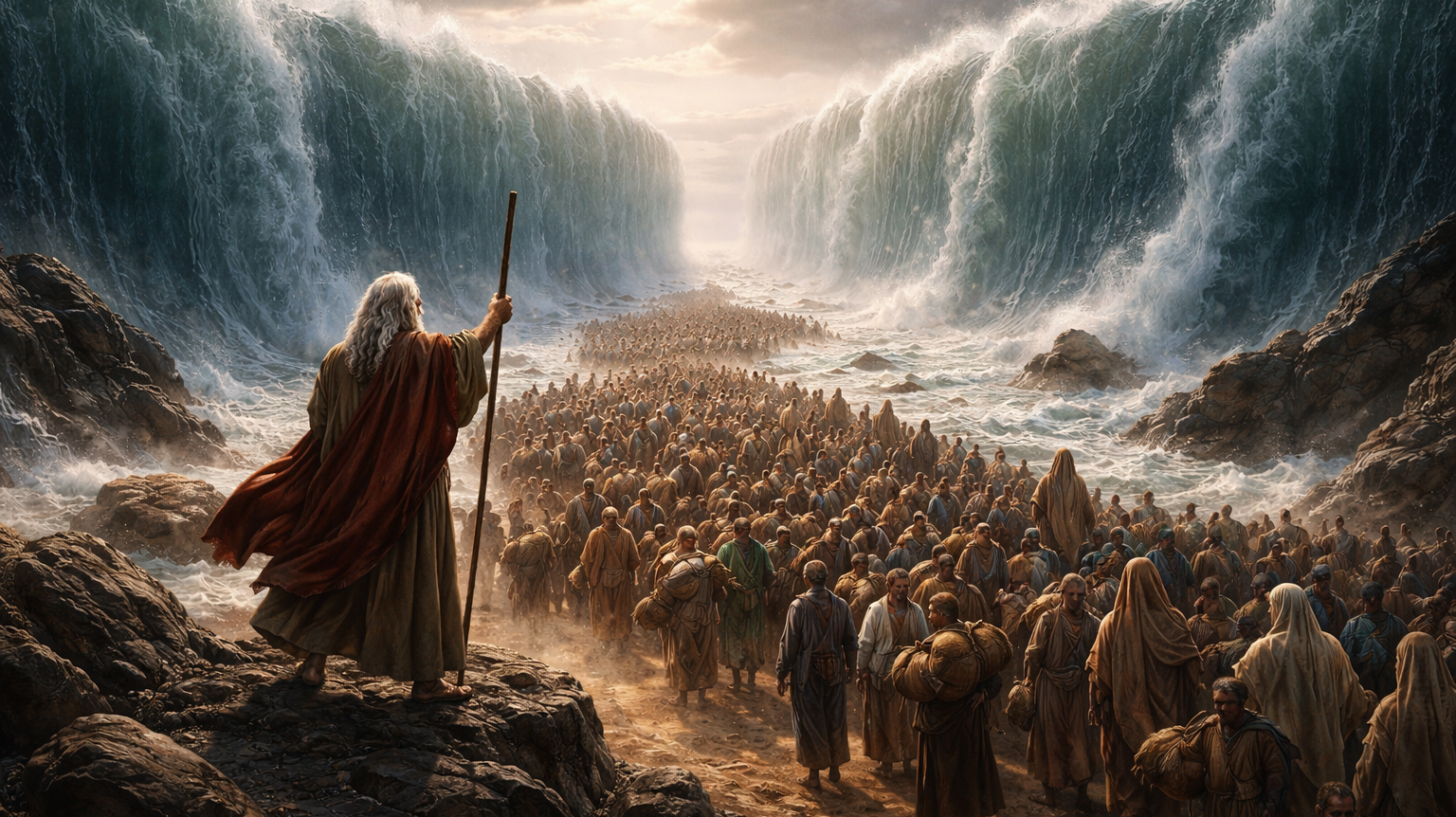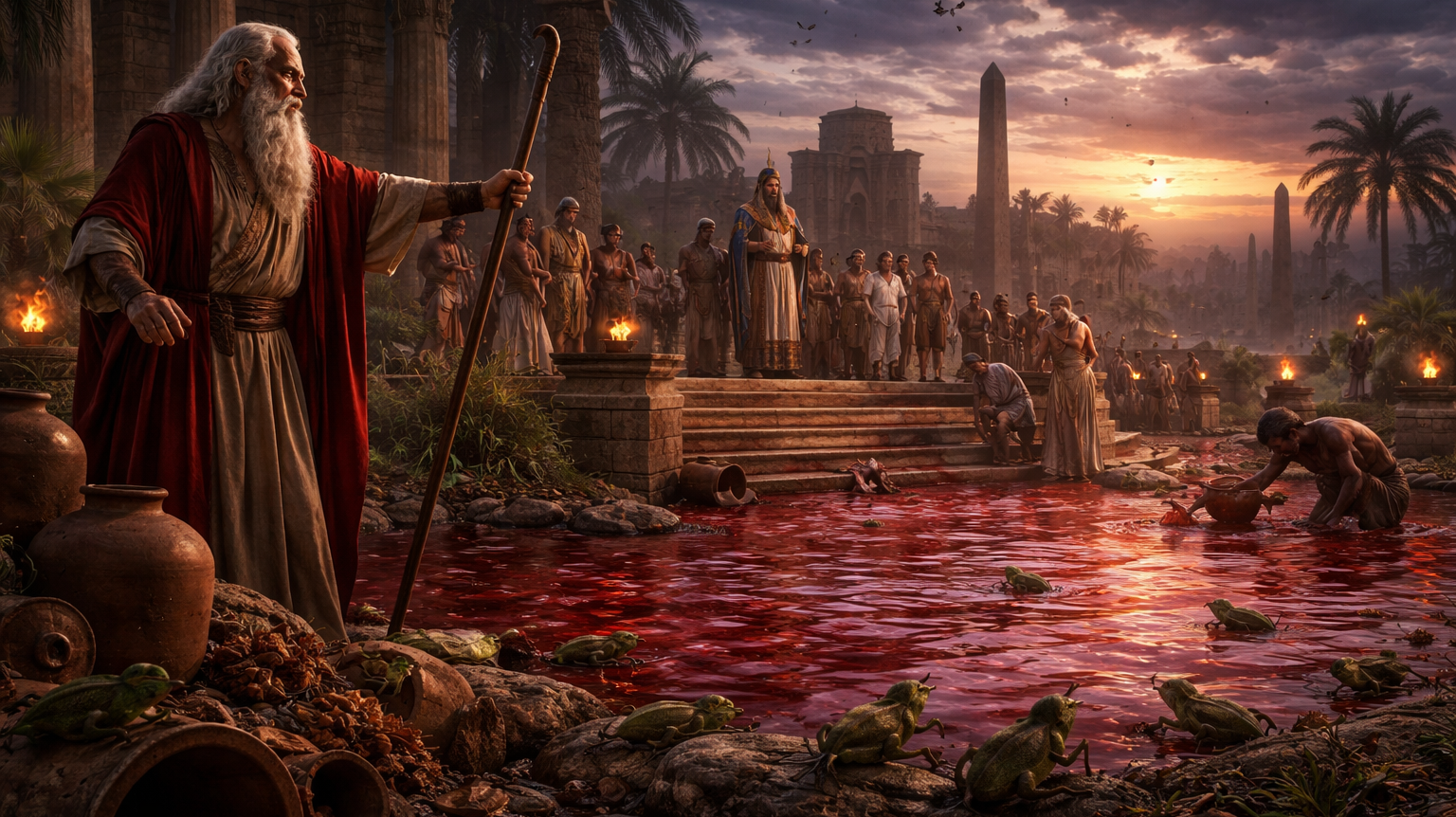Prophets are a central part of the Bible. They were men and women chosen by God to speak His words, warn His people, and point them toward His truth. The role of a prophet was not about personal opinion or prediction for entertainment. Instead, prophets carried God’s message with seriousness and authority.
The Meaning of a Prophet
The word "prophet" comes from the Hebrew word nabi, meaning “spokesman” or “one who is called.” In simple terms, a prophet is someone who speaks on behalf of God. They were not self-appointed but chosen by the Lord to deliver His message.
“The Lord your God will raise up for you a prophet like me from among you, from your brothers—it is to him you shall listen.” (Deuteronomy 18:15)
This shows that prophets were raised up by God to guide His people, just as Moses had done.
The Role of Prophets in the Old Testament
In the Old Testament, prophets called Israel to turn away from sin and return to God. They warned of judgment but also shared hope and restoration. Some well-known prophets include Isaiah, Jeremiah, Elijah, and Ezekiel.
“Surely the Sovereign Lord does nothing without revealing his plan to his servants the prophets.” (Amos 3:7)
Prophets often spoke hard truths that people did not want to hear. Jeremiah, for example, was called the “weeping prophet” because his messages were heavy with sorrow over Israel’s disobedience.
The Role of Prophets in the New Testament
Prophets did not disappear in the New Testament. John the Baptist is called the greatest of the prophets because he prepared the way for Jesus. After Jesus’ resurrection, prophecy became one of the gifts of the Spirit given to the church.
“And God has placed in the church first of all apostles, second prophets, third teachers…” (1 Corinthians 12:28)
This shows that prophecy was meant to build up the church, encourage believers, and guide them in God’s will.
Prophets Point to Jesus
All prophets, in one way or another, pointed to Jesus Christ. He is called the ultimate Prophet because He not only spoke God’s word but is God’s Word in the flesh.
“In the past God spoke to our ancestors through the prophets at many times and in various ways, but in these last days he has spoken to us by his Son.” (Hebrews 1:1-2)
Jesus is the fulfillment of all prophecy, and His life, death, and resurrection reveal the fullness of God’s plan.
How Prophets Still Speak Today
While the office of a prophet like in the Old Testament may not function the same today, the Bible itself contains the prophetic word that still speaks into our lives. Many Christians believe God still gives the gift of prophecy through the Holy Spirit, not to replace Scripture but to strengthen the church.
“But the one who prophesies speaks to people for their strengthening, encouraging and comfort.” (1 Corinthians 14:3)
This shows that prophecy is not about fear or confusion but about building up God’s people.
Summary Table: Roles of a Prophet
| Role of a Prophet | Description | Bible Reference |
|---|---|---|
| Messenger of God | Spoke God’s words to the people | Deuteronomy 18:15 |
| Revealer of God’s plan | Shared what God revealed | Amos 3:7 |
| Call to repentance | Urged people to turn from sin | Jeremiah 7 |
| Pointed to Jesus | Prepared the way for Christ and spoke of Him | Hebrews 1:1-2 |
| Built up the church | Strengthened, encouraged, and comforted believers | 1 Corinthians 14:3 |
























